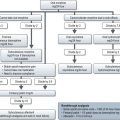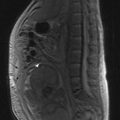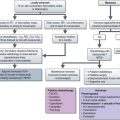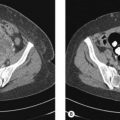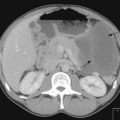25 Clinical trials in cancer
Introduction
Traditionally the clinical efficacy of drugs is studied through several phases of clinical trial after initial pre clinical studies. Each of these trials is aimed at generating sufficient evidence on the safety, dosing, efficacy and feasibility of use. This process is expensive and time consuming (Figure 25.1), which often leads to very high costs of effective treatments preventing their general use and often prompting policy makers to adopt rationing strategies based on cost-effectiveness.
Clinical trials
Phase I
Phase I studies are the first human application of a new drug or drug combination. The aim of this phase is to establish the dose and schedule of the experimental agent for efficacy testing in a phase II study based on the maximum tolerated dose (MTD) of the new agent. Phase I studies are typically single arm, open label, sequential studies that include patients with good performance status (PS 0-2) and for whom there is no standard treatment option. The MTD is determined by progressively increasing the dose in small cohorts until the dose limiting toxicity (DLT) is achieved. DLT is defined as grade 4 non-haematological toxicity or a grade 3 or more haematological toxicity graded according to the National Cancer Institute Common Terminology Criteria for Adverse Events (CTCAE) (p. 38). MTD dose is defined as the dose below the level the DLT is met or the dose level at which the DLT is seen. There are a number of components to the design of a phase I study and there are various dose escalation methods to find out the maximum tolerated dose (Box 25.1). Phase I trial design is a specialized topic and is beyond the scope of this chapter (see Further reading).
Box 25.1
Components of phase I study design and methods of dose escalation
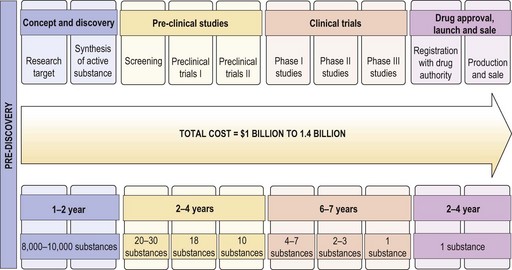
 of the animal dose
of the animal dose